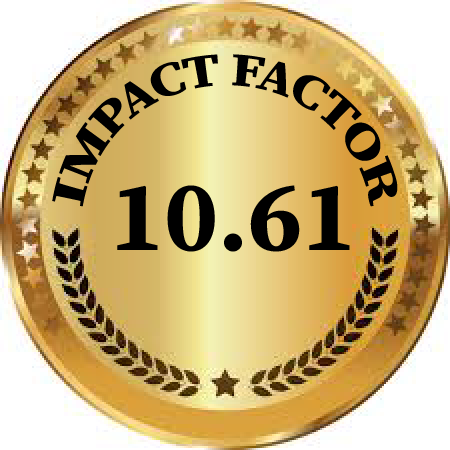ENHANCING THE FINANCIAL SECURITY FRAMEWORK UNDER SANCTIONS AS A KEY ELEMENT OF SUSTAINABLE DEVELOPMENT
Abstract
This article explores the theoretical and methodological aspects of financial and food security, focusing on their interconnection with sustainable development and their evaluation across Russian regions. It highlights the significant impact of the global financial crisis and economic sanctions on national and regional security levels in Russia. These adverse effects are expected to hinder both environmental protection efforts and the development of the agricultural sector, posing challenges to sustainable development goals. The article identifies key barriers to advancing domestic agricultural production, with a particular emphasis on financial constraints. The findings suggest growing attention and support for the agricultural sector, despite persistent financial difficulties. Additionally, the article underscores the practical limitations of achieving regional financial autonomy from the central government, which complicates the assessment of regional financial security. It also emphasizes the close relationship between food security and regional financial independence.
References
1. Aris, B. (2014). European Leadership Network Policy Brief, (6), 25.
2. Bond, I., Odendahl, C., & Rankin, J. (2015). Frozen: The politics and economics of sanctions against Russia. Center for European Reform.
3. European Council. (2018). Sanctions: How and when the EU adopts restrictive measures. https://www.consilium.europa.eu/en/policies/sanctions/
4. Food and Agriculture Organization of the United Nations. (2014). Russia’s restrictions on imports of agricultural and food products: An initial assessment. FAO.
5. Fernald, I., John, G., & Charles, I. (2014). The slow recovery of the labor market. American Economic Review, 104(5), 44–49. https://doi.org/10.1257/aer.104.5.44
6. Gros, D., & Mustilli, F. (2016). The effects of sanctions and counter-sanctions on EU–Russian trade flows. CEPS.
7. Kutlina-Dimitrova, Z. (2015). The economic impact of EU sanctions on Russia: Insights from a CGE assessment. Chief Economist Note, (3), 45–51.
8. Rodrigues, M. (2010). Financial shocks and labor market dynamics. Journal of Monetary Economics, 57(2), 175–188. https://doi.org/10.1016/j.jmoneco.2009.12.006
9. Secrieru, S. (2015). Russia under sanctions: Assessing the damage, scrutinising adaptation and evasion. Polski Instytut Spraw Międzynarodowych.






















